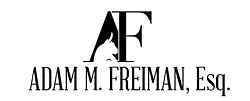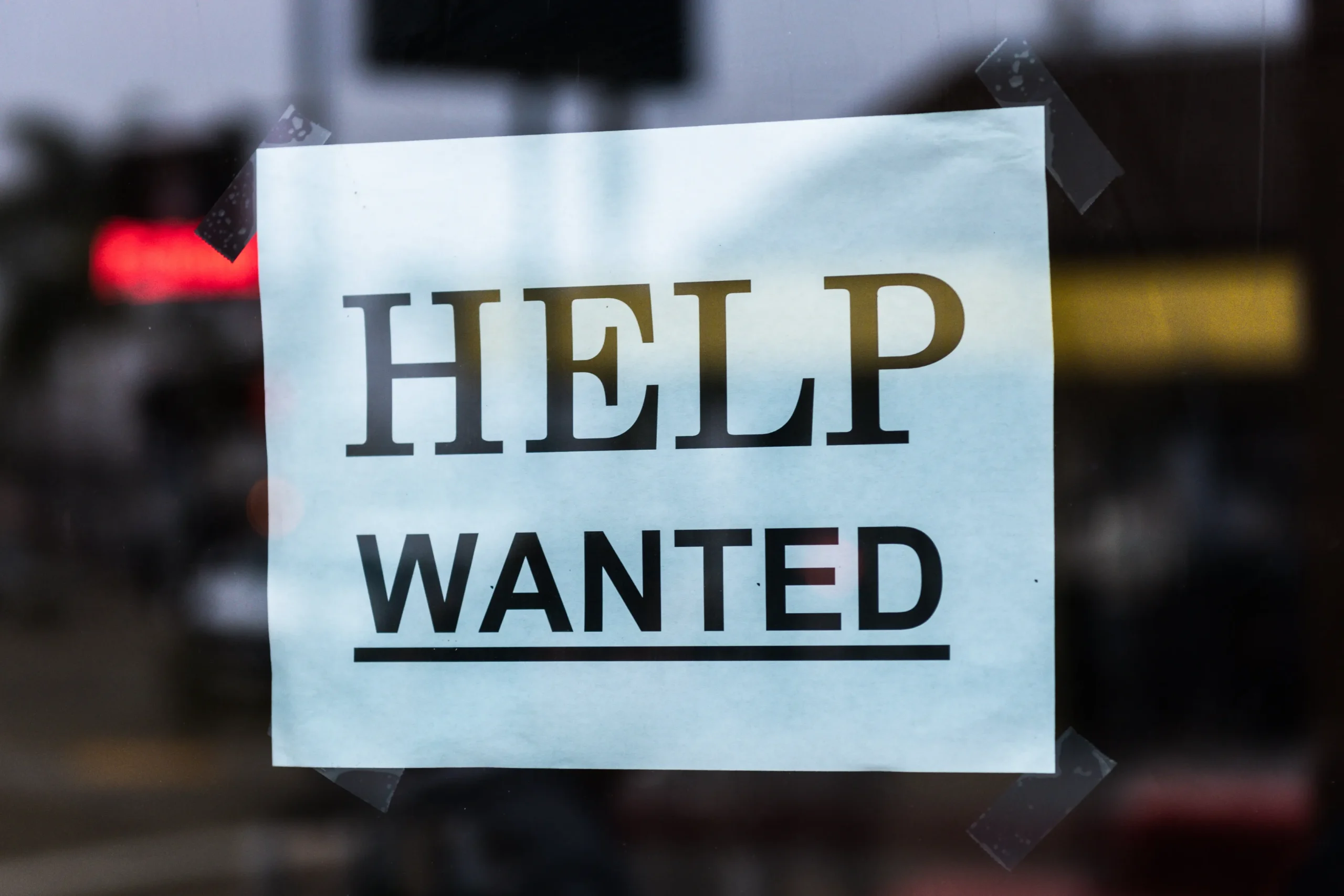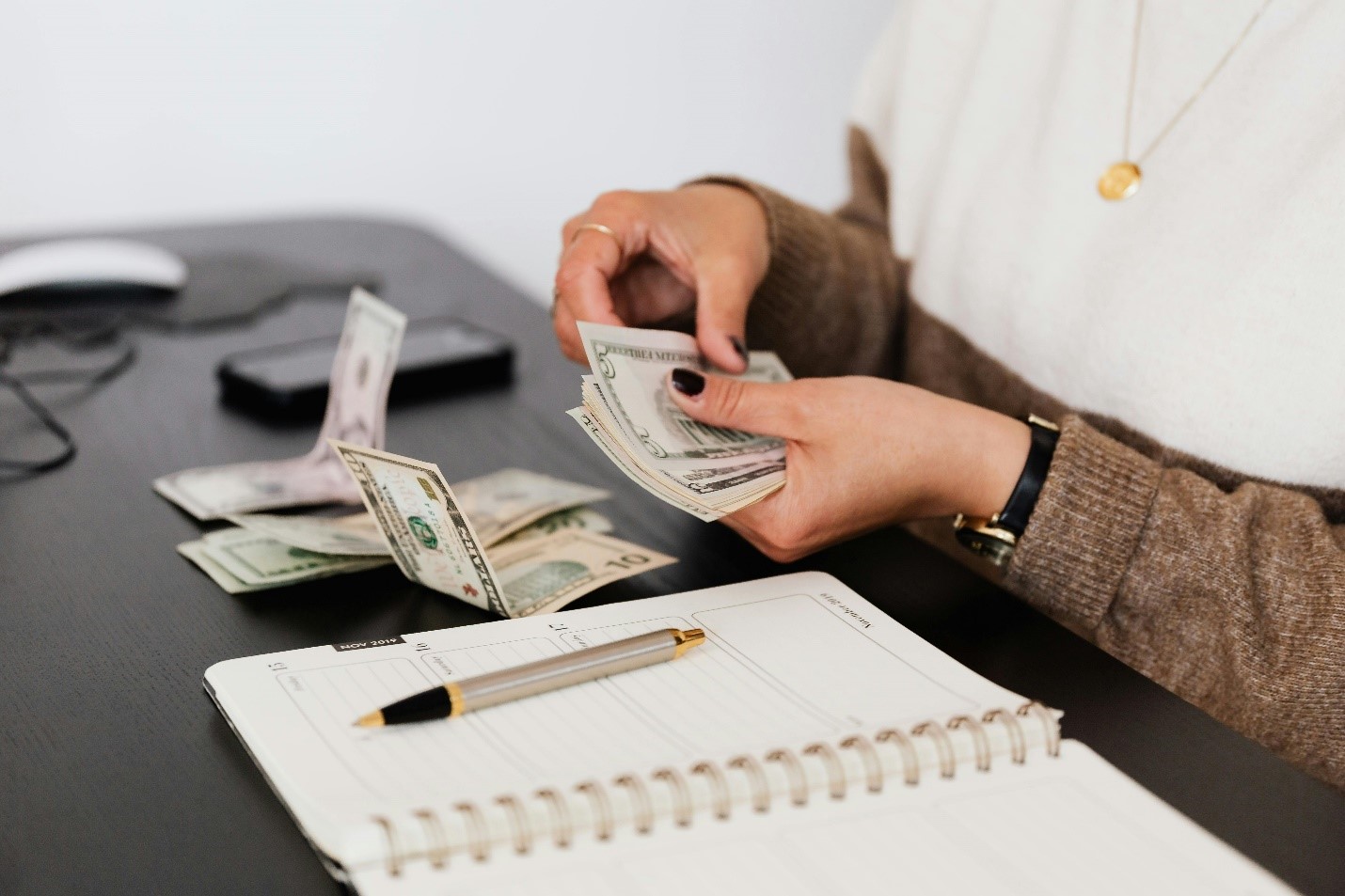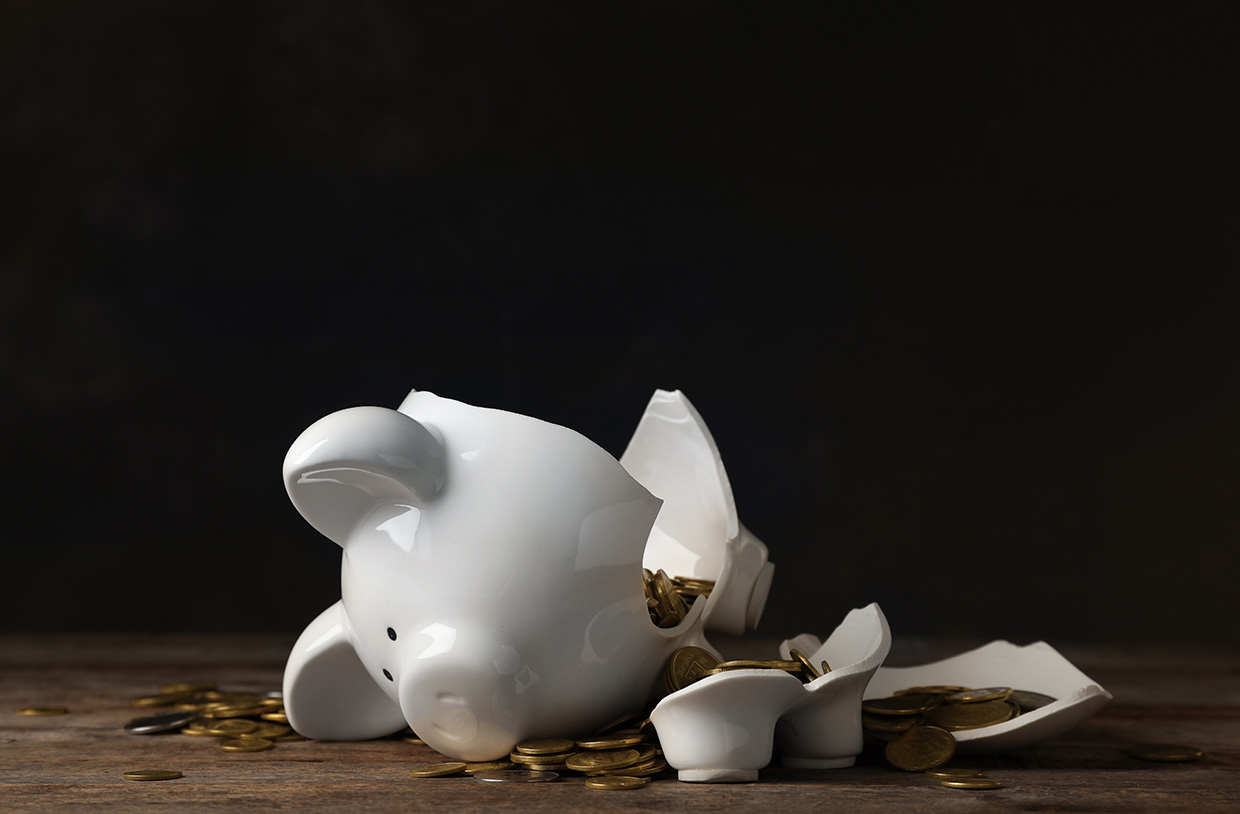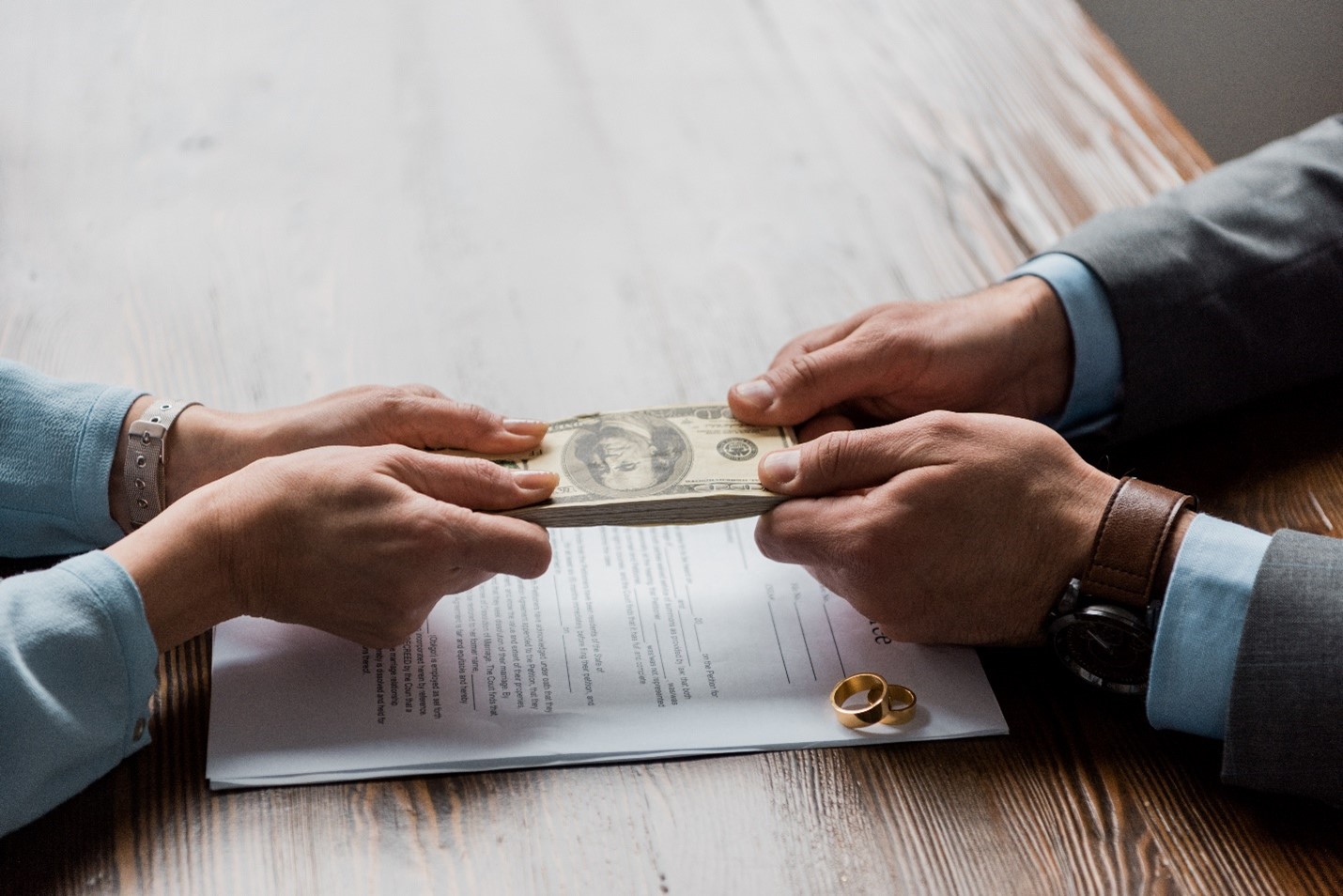When a person is drowning in debt and cannot pay down credit card debt and other bills, they may turn to their last resort: bankruptcy. There is one thing that can greatly affect your ability to pay bills: having a job. If you are not earning an income, then you have very little money for everyday expenses.
Unemployment and Bankruptcy – Can I still file?
So, you may wonder: Do you need a job to file for bankruptcy? Not necessarily. Filing for bankruptcy is not like applying for a loan. You will need proof of income for both, but for bankruptcy, you will need to pass a means test. In this case, the lower the income, the better.
In fact, Chapter 7 bankruptcy is specifically designed for those who are unemployed or have a low income and want to wipe away debts. You will liquidate assets to pay off creditors, so you don’t need to have a job to file for bankruptcy.
Unemployment Benefits
For Chapter 7 bankruptcy, you must pass a means test. This test looks at whether your income is below the median for your state. If it is, you pass the test – it is that simple. No further steps need to be taken. Even if you lost your job and receive unemployment benefits, they likely will not be more than the median income.
What Happens If I Find a New Job?
If your income increases after you file for Chapter 7, it may not immediately impact your case. However, the bankruptcy trustee may inquire about your financial situation during the bankruptcy process, and they may consider any significant changes in income. It’s essential to report any income changes to your bankruptcy attorney and be transparent with your financial situation.
How Do I Pay for Bankruptcy?
Bankruptcy is not free. You will need to pay for the main costs of filing, which are attorney fees, filing fees, and credit counseling course fees. When you file for bankruptcy, you will immediately stop paying on any unsecured debt, so in some cases this extra money can be used to cover the expense of filing.
Unemployment and Bankruptcy – Chapter 13
If you want to file for Chapter 13 bankruptcy, though, you will need steady income. This is because this type of bankruptcy requires a repayment plan. You will need much more income than what unemployment benefits could provide. This means you would need a full-time job or at least rental income or the sale of a property.
What happens if I lose my job after filing Chapter 13?
Chapter 13 bankruptcy requires a commitment. You will be required to repay debts over a period of three to five years. It will be difficult to stick to a repayment plan if you are unemployed, which is why you should not file for Chapter 13 bankruptcy if you become unemployed. If you start out with a Chapter 13 case and lose your job, the case may be dismissed if you can no longer make the required payments.
You would not have completed your plan, but the good news is that you may qualify to file for Chapter 7 bankruptcy. If you do get a job again quickly, you may be able to get back on track with payments. You would have to provide documentation that you can afford the repayment plan after all.
Contact Us Today
Many people file for bankruptcy after losing a job. How does not having steady income affect the process?
The Law Offices of Adam M. Freiman can guide you through the bankruptcy process and answer your questions about eligibility. Let us help you attain a brighter financial future. Schedule a consultation by calling (410) 486-3500 or filling out the online form.
